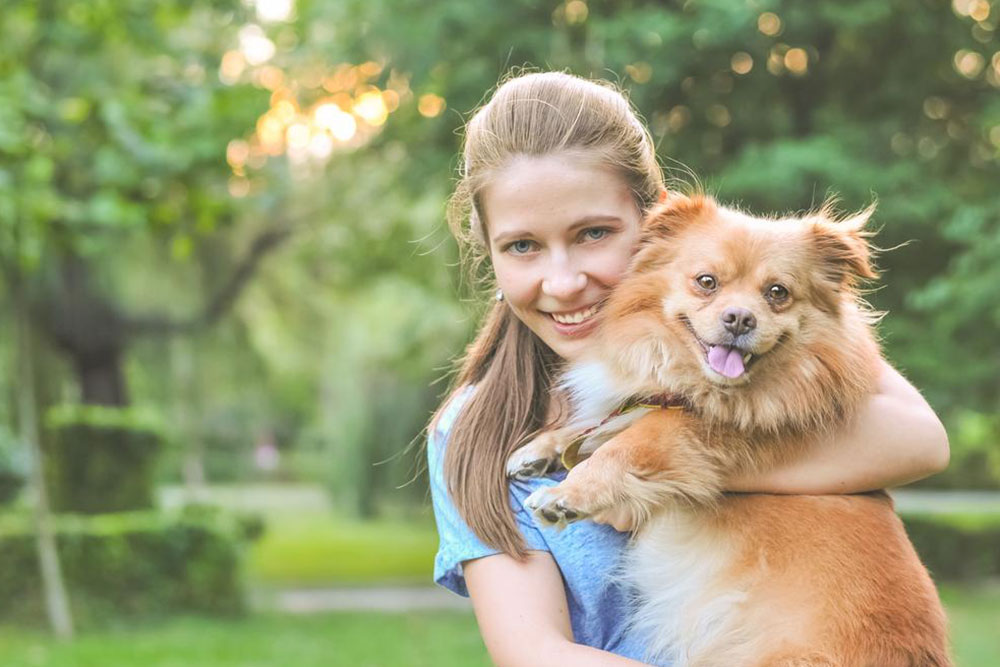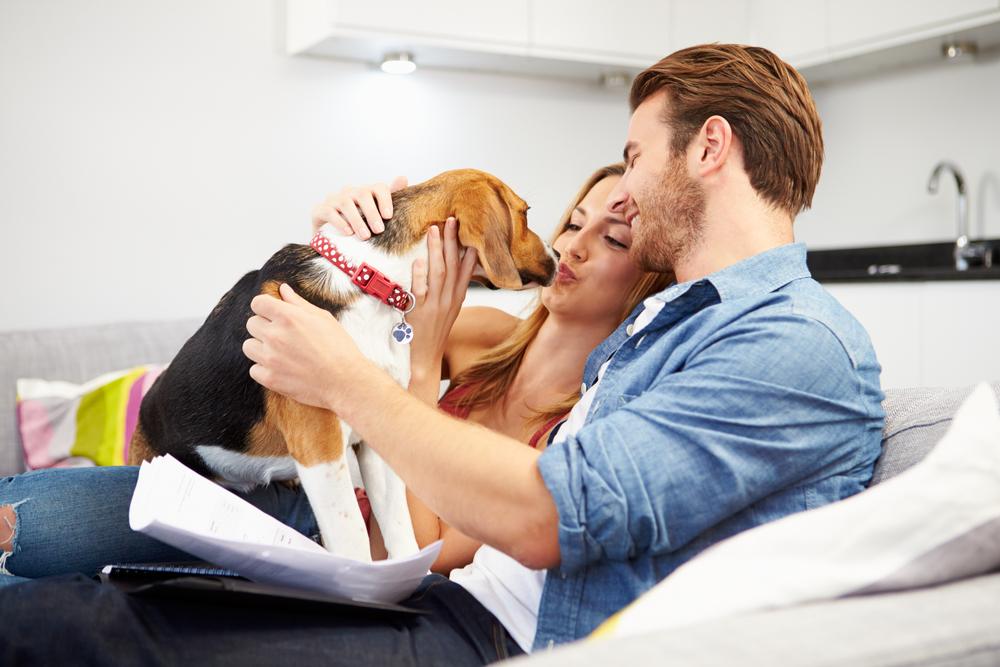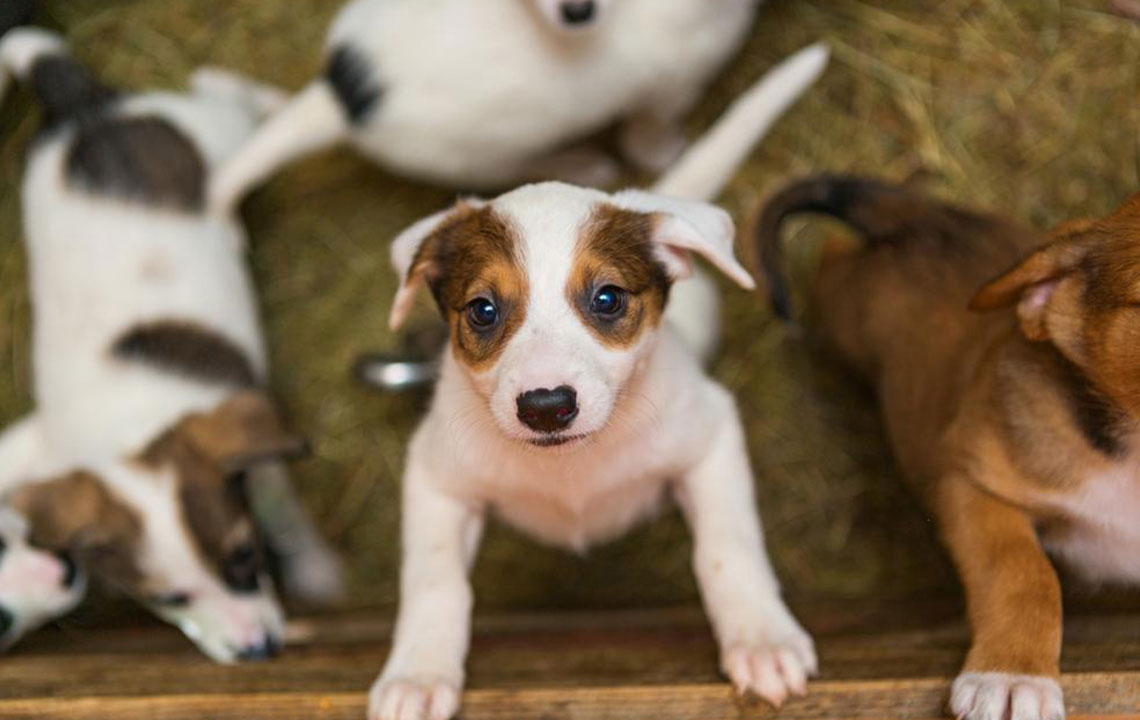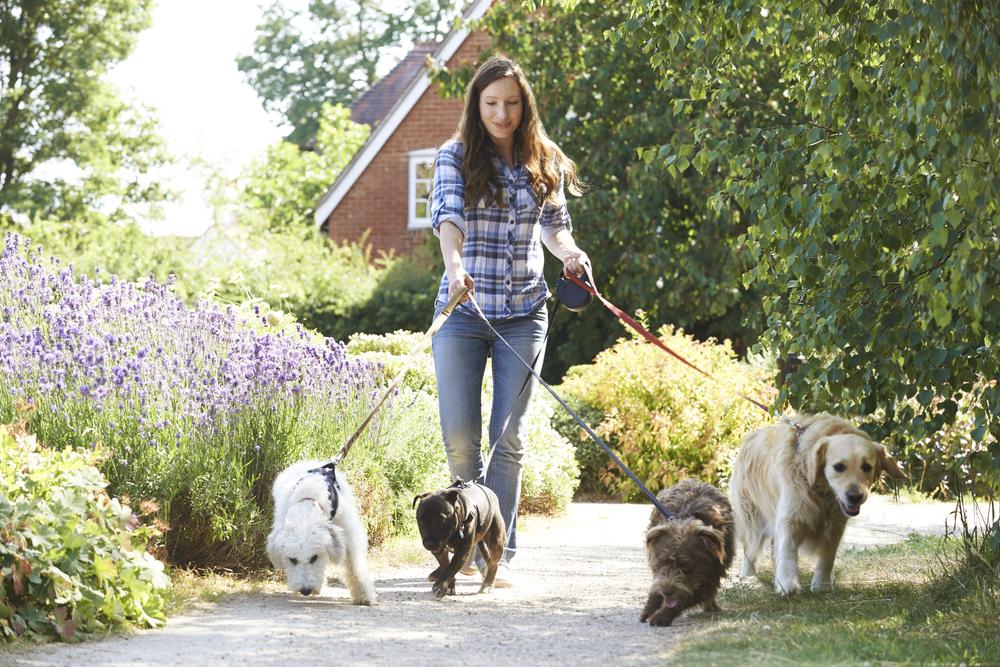A Comprehensive Guide to Responsible Pet Adoption: Essential Considerations for Prospective Owners
Adopting a pet is a rewarding commitment that transforms lives, but it requires careful planning and responsibility. This comprehensive guide highlights essential factors such as financial readiness, safe environments, personality matching, and ongoing care to ensure a successful adoption. By understanding these key considerations, prospective owners can foster lifelong bonds with their pets, providing a safe, loving, and enriching environment. Responsible pet ownership not only benefits the animal but also enhances the owner’s well-being, leading to a fulfilling companionship that lasts a lifetime.
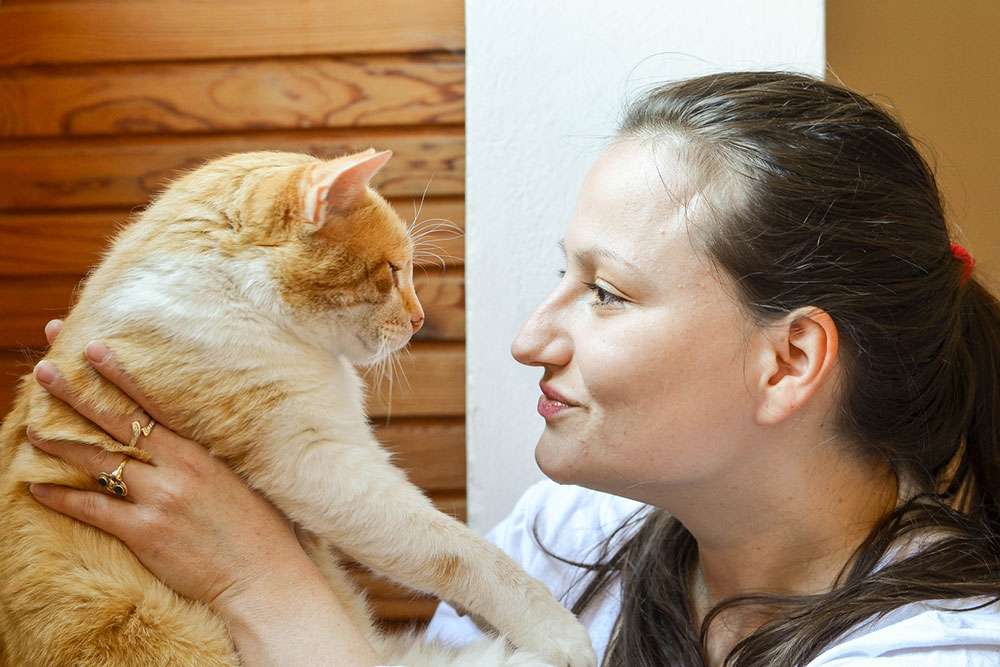
A Comprehensive Guide to Responsible Pet Adoption: Essential Considerations for Prospective Owners
Embarking on the journey of pet adoption is a profound decision that can bring immense joy, companionship, and purpose into your life. Choosing to adopt rather than buy not only provides a loving home to an animal in need but also contributes positively to reducing the demand for commercial pet breeding. However, responsible pet ownership requires careful planning, preparation, and commitment to ensure a harmonious relationship that benefits both the pet and the owner.
Before making the life-changing decision to bring a pet into your household, it is vital to evaluate your readiness. Pets, ranging from cats and dogs to exotic animals, have specific needs and require ongoing attention and care. Recognizing that a pet is a long-term commitment—sometimes spanning over a decade—is essential. Failure to prepare can lead to stressful or undesirable outcomes, including abandonment or neglect, which can be traumatic for the animal and the owner alike.
This comprehensive guide highlights crucial factors that prospective pet owners should consider, encompassing financial readiness, environmental safety, personality matching, training, identification, and time investment. By understanding and addressing these areas, you can ensure a smoother transition and foster a fulfilling, lifelong bond with your new furry friend.
Key considerations before adopting a pet include:
Long-term Commitment
Adopting a pet is not an impulsive act; it is a long-term obligation that requires dedication and patience. Pets depend on their owners for love, care, regular veterinary visits, and a safe living environment. Their needs extend beyond initial adoption, and neglecting these responsibilities can have severe consequences for their health and happiness. Ensuring that you are prepared to care for your pet throughout their life is paramount to responsible ownership.
Financial Preparedness
Owning a pet involves ongoing expenses that should be carefully budgeted. These include food, grooming supplies, routine veterinary care, vaccinations, licensing fees, medications, toys, and bedding. Unexpected health problems can also arise, leading to substantial veterinary bills. Being financially prepared helps avoid difficult choices between pet health and other financial commitments, ensuring your pet receives necessary care without compromise.
Creating a Safe and Stimulating Home Environment
Just as preparing a nursery for a new baby is essential, setting up a safe habitat for your pet is crucial. Remove household hazards such as toxic plants, chemicals, electrical cords, and small objects that could be ingested. Regularly clean your home to eliminate potential dangers and create a secure, comfortable space tailored to your pet’s needs. This proactive approach reduces accidents and promotes a healthy environment.
Matching Your Lifestyle with Pet Temperament
While initial attraction might influence your decision, it’s vital to consider the personality and energy level of your potential pet. Some animals thrive on constant activity and play, while others prefer calm, quiet environments. Assess your daily routine, living space, and activity level to choose a pet that aligns well with your lifestyle. This compatibility minimizes stress and enhances mutual satisfaction.
Training and Socialization
Proper training and socialization are fundamental aspects of responsible pet ownership. Teaching basic commands, boundaries, and house manners helps your pet integrate smoothly into your household. Early socialization with other animals and family members prevents behavioral issues and promotes confidence. Regular, positive reinforcement-based training ensures your pet grows into a well-behaved and happily adjusted companion.
Identification and Safety Measures
Utilize identification tools such as collars with tags and microchips to safeguard your pet. These measures significantly improve the likelihood of recovery should your pet get lost. Ensure your pet wears an ID tag with your contact information, and keep microchip registration current and up-to-date. Outdoor roaming pets should be supervised, and secure fencing can offer additional protection.
Quality Time and Regular Care
Pets are social animals that require daily attention, affection, and care. Dedicated routines such as regular walks, playtime, grooming, and veterinary check-ups are vital for their physical and emotional well-being. Flexibility in your schedule allows you to meet their needs, fostering a stronger bond and ensuring a happy, healthy life for your pet.
Adopting a pet is a noble and rewarding decision, but it demands a serious commitment to responsible care. By thoughtfully considering these factors, prospective owners can ensure a successful transition, creating a loving environment where their new pet can thrive. In return, you will experience unconditional love, loyalty, and companionship that enriches your life profoundly.

